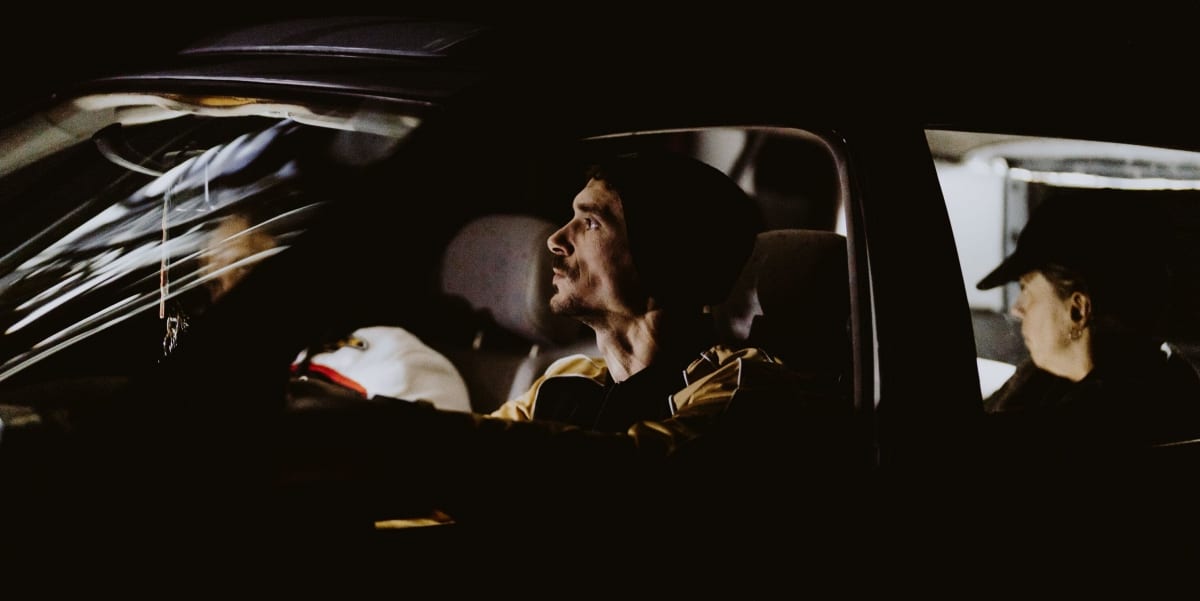In 2012 in Liège, Ihsane Jarfi was brutally and senselessly murdered. La Reprise: Histoire(s) du théâtre (I) positions itself as a production that unpicks his murder, the factors that might drive perfectly ordinary people to commit such a crime and the whole concept of theatrical tragedy itself.
It’s an undoubtedly ambitious project, and the questions the play seeks to explore are complex and important ones. It veers from musings on the mechanics of theatre, to the biographies of its excellent amateur actors and a recreation of Ihsane Jarfi’s death. Unfortunately, by trying to cover so much ground, La Reprise never fully or satisfactorily explores any one element.
With such a crowded schedule, Ihsane Jarfi almost feels like a bystander at his own murder. We never really get to know anything about him, the motivations of his killers are touched on but not unpacked and the impact of his death on his loved ones briefly covered and then passed over. If the play is supposed to be about his death, then his story deserved more time. If it is supposed to be about theatre itself, then such an unpleasant crime risks being trivialised by being used as a prop in this way.
This lack of in-depth examination doesn’t just affect the story of Ihsane Jarfi. The biographies of the amateur actors contain fascinating nuggets, but these are never explored enough to be satisfying. At one point, Tom Adjibi expresses his frustration at being cast as an ‘origin’ instead of in ‘roles’ due to his African heritage. Such a weighty comment deserves to be given more oxygen than it is for both actor and audience.
The acting, both by the amateurs (Tom Adjibi, Suzy Cocco and Fabian Leenders) and professionals, is powerful and moving, but the actors are constantly hampered by some distracting production choices. Most notable of these are the scenes during which a man with a film camera moves around the stage, pulling focus from the performers.
At various points during the play, the audience are torn between watching pre-recorded performances on a screen above the stage and the same action being repeated simultaneously on stage. The screened performances lack the intimacy that make theatre so engaging while the live performances largely happen obscured and in the dark, meaning that neither is hugely satisfying.
It is notable that the most powerful scenes are when the actors are left unmolested and allowed to perform uninhibited. Fabian Leenders notes the surprising similarity between his upbringing and that of one of the murderers. We hear the words and emotions of Ihsane Jarfi’s bereft partner, looking for some solace and closure. These monologues are delivered simply and directly to the audience, and are quietly moving and captivating. The scene of the murder itself, unencumbered with pre-recording or cameraman, is a gripping bit of theatre – viscerally awful to watch and yet impossible to look away from.
Unfortunately, these briefly riveting moments only serve to illustrate how uneven the play is as a whole. La Reprise is an ambitious project that fails to wholly explore any of the weighty subjects it touches upon. A simpler telling of Ihsane Jarfi’s tragic story would have been more moving, more meaningful and told us more about human nature and the origins of theatrical tragedy than this over stretched production.

